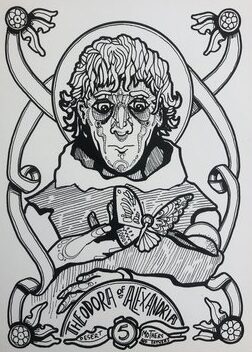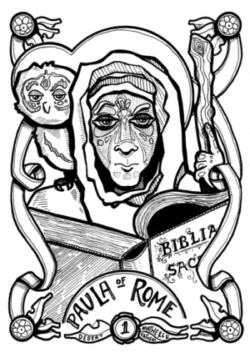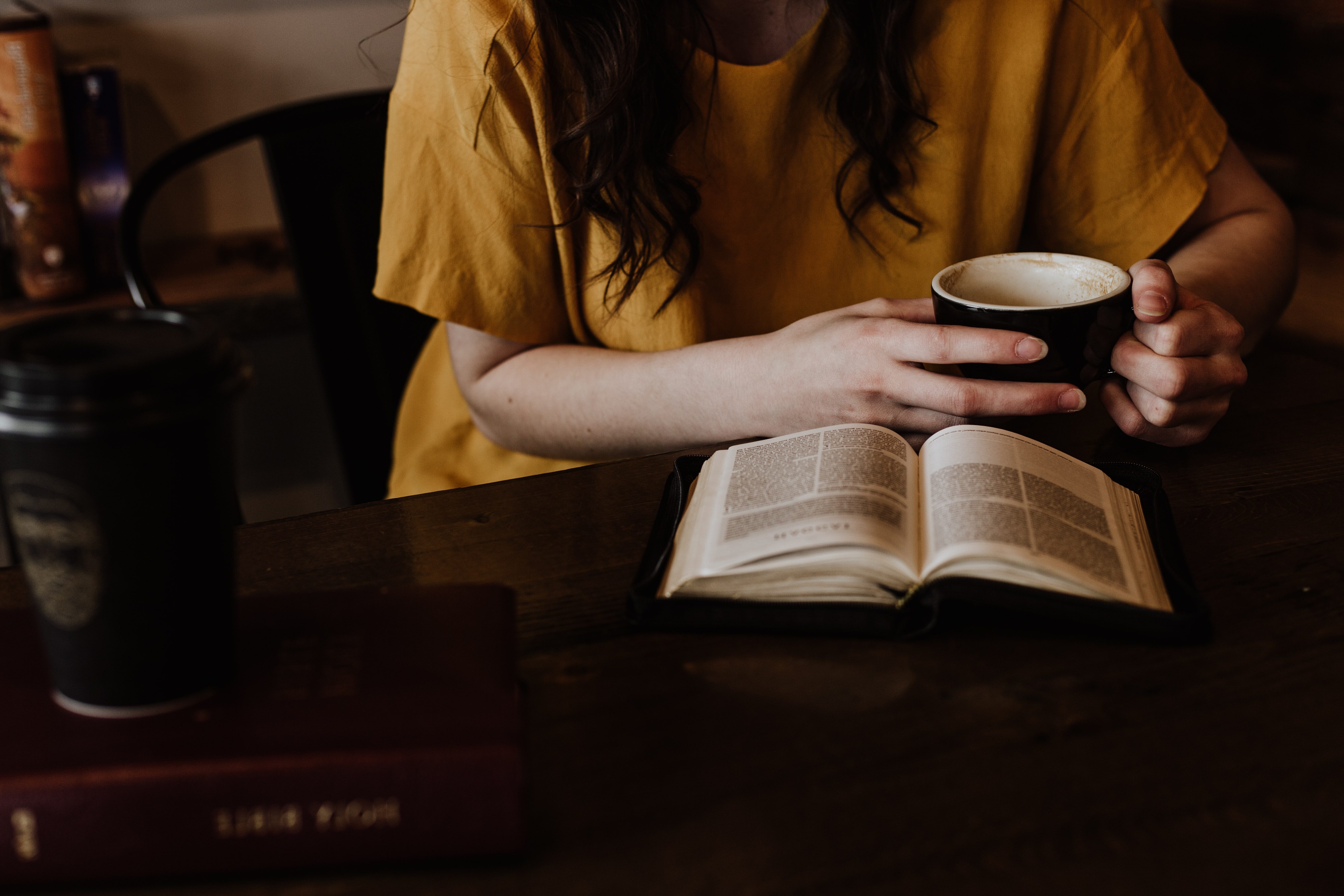November 17, 2015
Stages of Freedom: Lessons from the Wolfpack
Spirituality
 For one of the most jarring and accurate depictions of the stages of freedom, I recommend spending 89 minutes one day watching the documentary The Wolfpack (streaming now on Netflix). It’s an exploration of the lives of six Angulo brothers—exceptionally bright and creative—who were homeschooled by their mother in their Lower East Side apartment and kept virtually imprisoned there by their father for 14 years. During those years, the family only left the apartment a handful of times. The boys knew very little of the outside world except what they saw in movies and TV. They passed the time meticulously recreating scenes from their favorite movies. They knew nothing of true freedom.
For one of the most jarring and accurate depictions of the stages of freedom, I recommend spending 89 minutes one day watching the documentary The Wolfpack (streaming now on Netflix). It’s an exploration of the lives of six Angulo brothers—exceptionally bright and creative—who were homeschooled by their mother in their Lower East Side apartment and kept virtually imprisoned there by their father for 14 years. During those years, the family only left the apartment a handful of times. The boys knew very little of the outside world except what they saw in movies and TV. They passed the time meticulously recreating scenes from their favorite movies. They knew nothing of true freedom.
For Freedom we are set Free
Spiritual freedom means we are empowered agents of that which we can control in life. In his letter to the church at Galatia Paul writes, “for freedom Christ has set us free.” (Galatians 5:1) That’s how important freedom is—God desires nothing less for us. Freedom is key to a meaningful, engaged life and it is one of the qualities that spiritual directors are trained to watch for as people share their life stories with us.
Gauging Freedom
We are not free when we are bound up– grudgingly beholden to something or someone outside ourselves. Most of us are not locked up inside our homes like the Angulo brothers. But are we bound by addiction, resentment or anger? Interior freedom is just as important as exterior freedom.
So, how do we move toward freedom?
Stage One: Awareness
The Angulo brothers were rendered numb by their captivity and fear of their father’s anger. When we realize we are not free, we have a choice. We can stay bound up or make a change. The boys hated being locked inside, but they were also fearful of the world outside. At some point their restlessness with being restrained overcame their fear. As they came of age, the realized their father could no longer force them to stay inside.
Stage Two: Stepping Out
Mukunda Angulo, the most outspoken of the six, was the first brother to venture out of the apartment alone. He did so wearing a homemade mask, not wanting to be recognized if he ran into his father. (The mask, however, was so creepy he got arrested after a shopkeeper thought he was planning a robbery.) Still, Mukunda’s breakout inspired the other brothers to do the same, although at first they only went out as a pack—which prompted the nickname “the Wolfpack.” While out one day they were spotted by documentary filmmaker Crystal Moselle who struck up a conversation with boys. She listened to their story about reenacting film scenes, gained their confidence and was allowed by the family to document their story.
Stage Three: Savoring Freedom
The boys started making regular ventures outdoors, visiting parks and going to Coney Island to experience the beach. Watching them savor these new experiences, you begin to feel what it must be like to trade a pinched and abusive situation for freedom. The boys blossom, making friends and enjoying the kind of life most of us take for granted. Tears of joy run down their face after attending a movie for the first time in a movie theater.
Stage Four: Empowering Others
It is widely accepted in spiritual direction that when one moves toward health and freedom, we allow others to shift and move in that direction, too. Which is what happens as their mother, Suzanne, watches her boys enjoy freedom and is inspired to join them. She calls her elderly mother for the first time in years. The boys’ independence gives her courage to stand up to her abusive husband and make some critical decisions for herself.
The documentary ends with a short film made by Mukunda, who is now pursuing filmmaking by working as a production assistant on films and videos. His little film is about a man looking at his life through a window, watching his intense feelings go by. No longer numb to their emotions, the boys are now free to move about the world following their interests and living a more well-rounded life.
Freedom. It’s what we’re made for.
If you are interested in learning more about spiritual direction or entering spiritual direction with me, please contact me at teresa@teresablythe.net or visitwww.teresablythe.net. Also visit my website for the Phoenix Center for Spiritual Direction.
Photo courtesy of Magnolia pictures.




